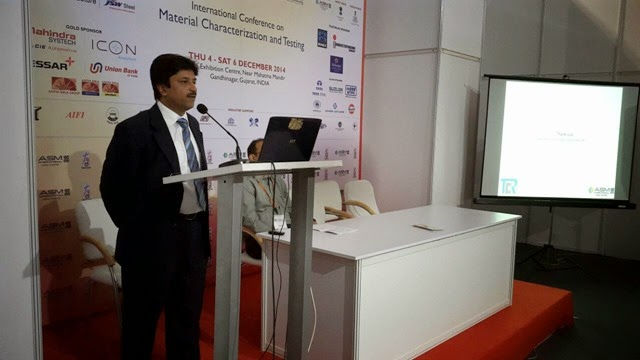IS 14331:1995 Testing for Heat-Resistant Materials
- Aug 29, 2025
- 1 min read
TCR Engineering conducts comprehensive material testing in accordance with IS 14331:1995, a critical standard for evaluating heat-resistant materials. This standard ensures that materials used in high-temperature applications perform reliably under extreme conditions.
Why IS 14331:1995 Matters
IS 14331:1995 outlines the requirements and test methods for materials exposed to elevated temperatures, particularly for power generation, petrochemical, and thermal processing industries. Testing per this standard ensures:
Resistance to mechanical deformation at high temperatures
Long-term durability under thermal stress
Reliable performance in safety-critical environments
Key Tests Conducted at TCR Engineering
Chemical & Structural Evaluation
Chemical Test (Clause 4) – Spectro analysis ensures material composition compliance
Inclusion Content (DIN 50602) – Detects non-metallic inclusions using microscope
Grain Size Test (ASTM E112-24) – Measures grain structure for strength indicators
Macro-etch (IS 13015/ASTM E381) – Reveals internal flaws and structural homogeneity
Mechanical Testing
Tensile Test (Clause 6.1) – At room temperature
Hot Tensile Test (Clause 10.1) – At temperatures up to 600°C, across multiple bands
Izod Impact Test (Clause 6.2) – Assesses toughness under dynamic loading
Creep & Stress Rupture Test (IS 3407) – Evaluates long-term load-bearing performance at high temperatures
Note: While IS 14331 does not explicitly recommend inclusion or grain size analysis, TCR offers these tests for deeper insight into material quality.
Conclusion
Materials used in high-temperature environments must undergo precise, standard-compliant testing. TCR Engineering provides all critical tests as per IS 14331:1995—ensuring your components meet safety, reliability, and durability benchmarks.
Choose certified testing for uncompromised performance.



